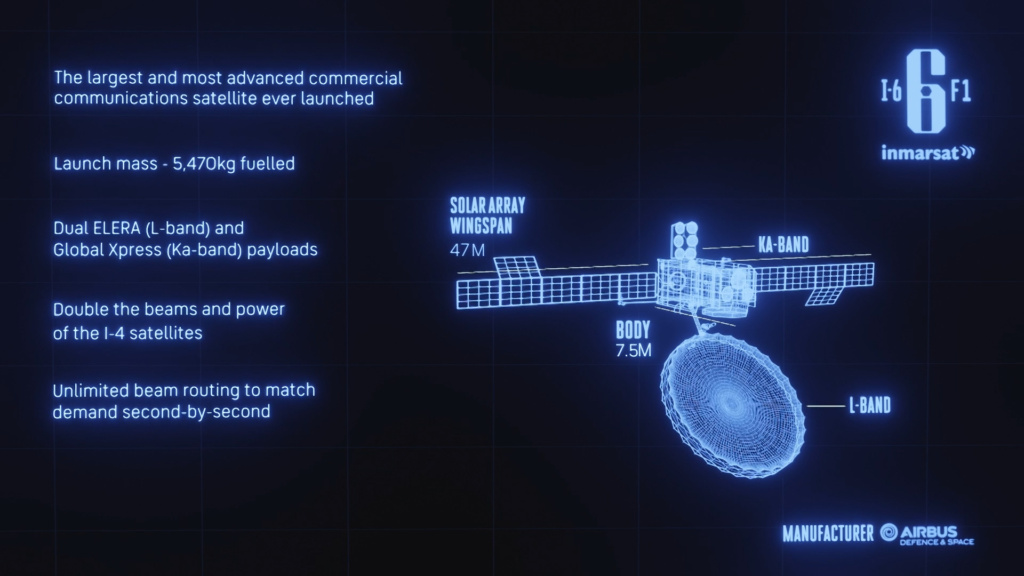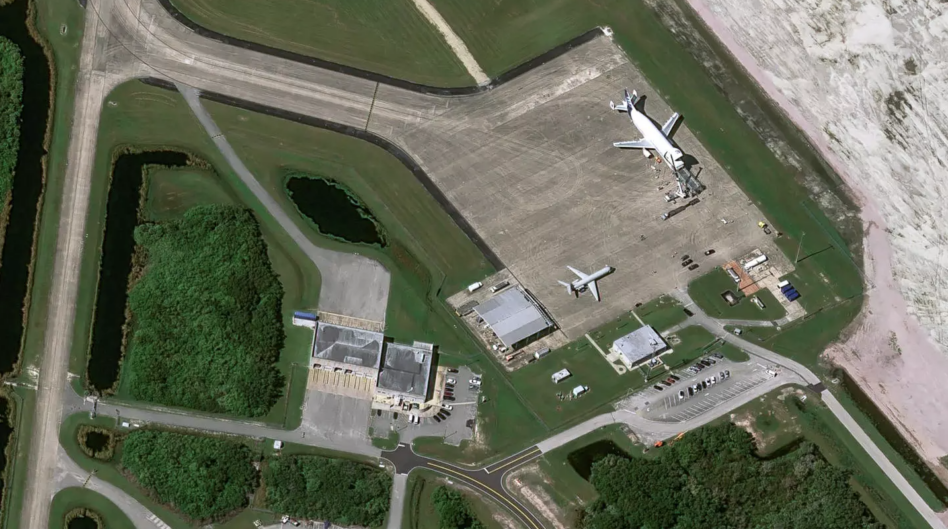Breaking: Whale, Bird Will Skip Across Pond
This week, Inmarsat and Airbus announced the kind of complicated logistical operation that you can only see in the space sector. But for this specific mission, neither company is launching anything into space yet. Instead, they’re shipping a next-gen GEO satellite across the Atlantic.
Unpacking the announcement
Airbus Defense and Space will use its parent company’s A300-600ST Super Transporter aircraft—aka, the Beluga—to fly Inmarsat’s second I-6 satellite from a test facility in Toulouse, France, to Cape Canaveral. Beluga and I-6 will have multiple layovers en route to Florida to allow for refueling. Upon reaching the Cape, the I-6 will be processed and prepared for launch aboard a Falcon 9 in February.

Airbus Defense and Space built the I-6 twins in the UK and assembled them in Toulouse. It shipped the first I-6 to Japan last year using an Antonov air freighter. Mitsubishi Heavy Industries launched I-6 F1 from Japan in December 2021.
Precious cargo
Inmarsat awarded Airbus nearly $600M to build the two satellites back in 2015. The communication satellites have an expected 15-year lifetime and they’re beasts, weighing 5,470 kg apiece.

Bells and whistles
Inmarsat fitted its sixth-gen satellites with dual payloads, and the I-6 satellites will be able to transmit data over the L- and Ka-bands. Each satellite will have 20 Ka-band spot beams that the maritime/aviation connectivity provider can steer to users on a “second-by-second” basis.
The bigger picture
Pending regulatory approval, American operator Viasat will acquire Inmarsat, based in London, for $7.3B. And we’ll hear soon on that first piece. EU antitrust regulators say they’ll decide by Feb. 13 whether to let the deal move forward.




